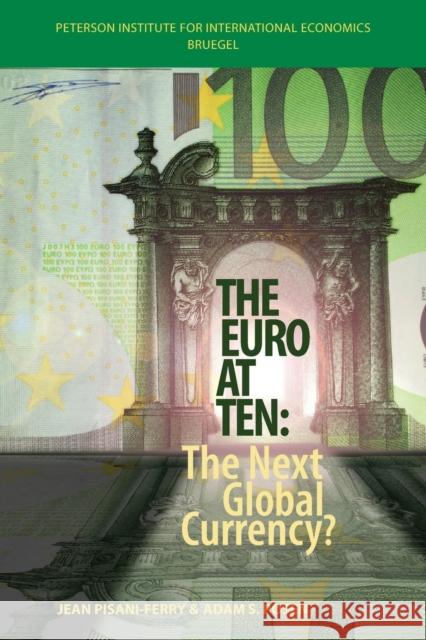The Euro at Ten: The Next Global Currency? » książka
topmenu
The Euro at Ten: The Next Global Currency?
ISBN-13: 9780881324303 / Angielski / Miękka / 2009 / 252 str.
Over the first ten years of its existence, the euro has proved to be more than a powerful symbol of collective identity. It has provided price stability to previously inflation-prone countries; it has offered a shelter against currency crises; and it has by and large been conducive to budgetary discipline. The eurozone has attracted five new members in addition to the initial eleven, and many countries in Europe wish to adopt it.
The euro has also been successful internationally. Even though research presented in this volume confirms that it has not rivaled the dollar's world currency status, it has certainly become a strong regional currency in Europe and the Mediterranean region. Some countries in the region have de facto adopted it, several peg to it, and many have become at least partially euroized. However, the euro's impressive first decade is likely to be followed by a much more difficult period. The present financial crisis is posing at least two important challenges: real economic adjustment within the euro area and maintenance of fiscal and financial stability without a central government authority capable of taking appropriate financial and fiscal decisions in difficult times. The papers and remarks in this volume demonstrate that the euro has proved to be attractive as a fair weather currency for countries and investors well beyond its borders. But it remains to be seen whether it is equipped to also succeed as a stormy weather currency.










